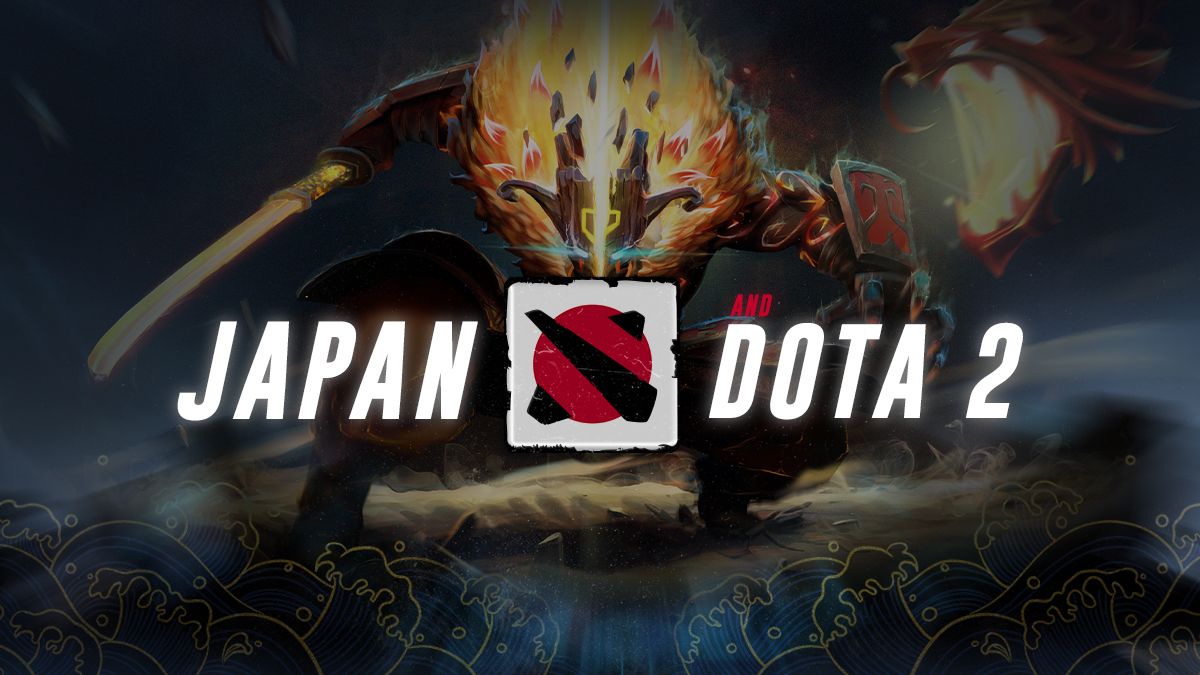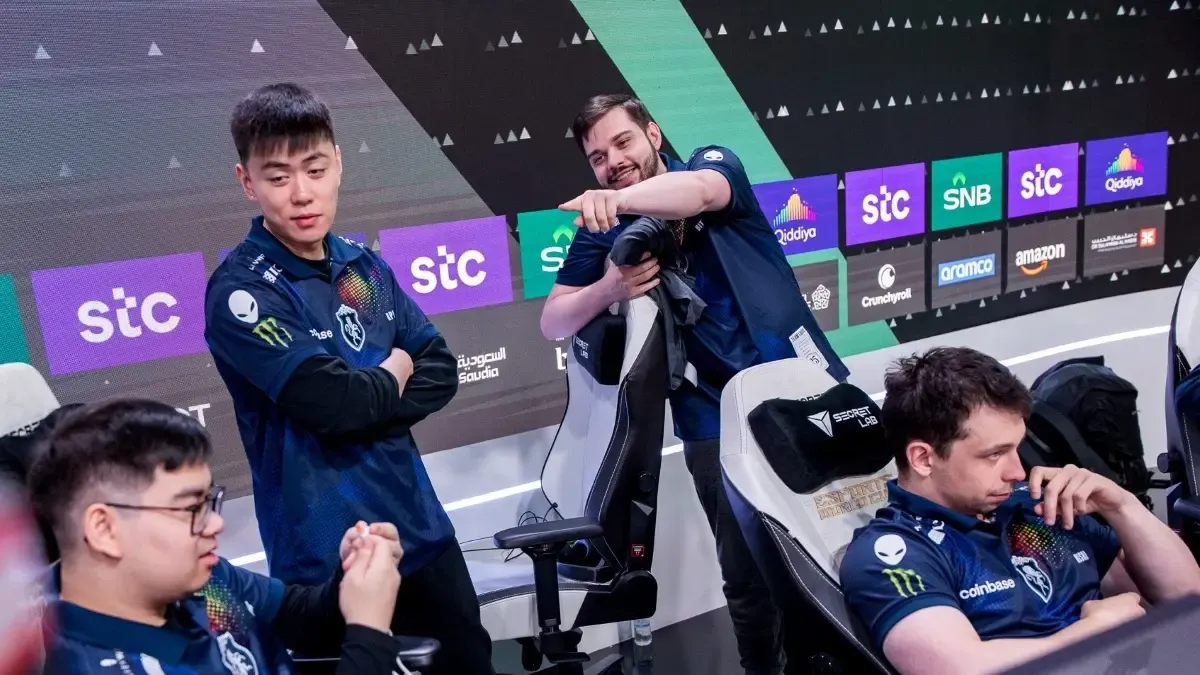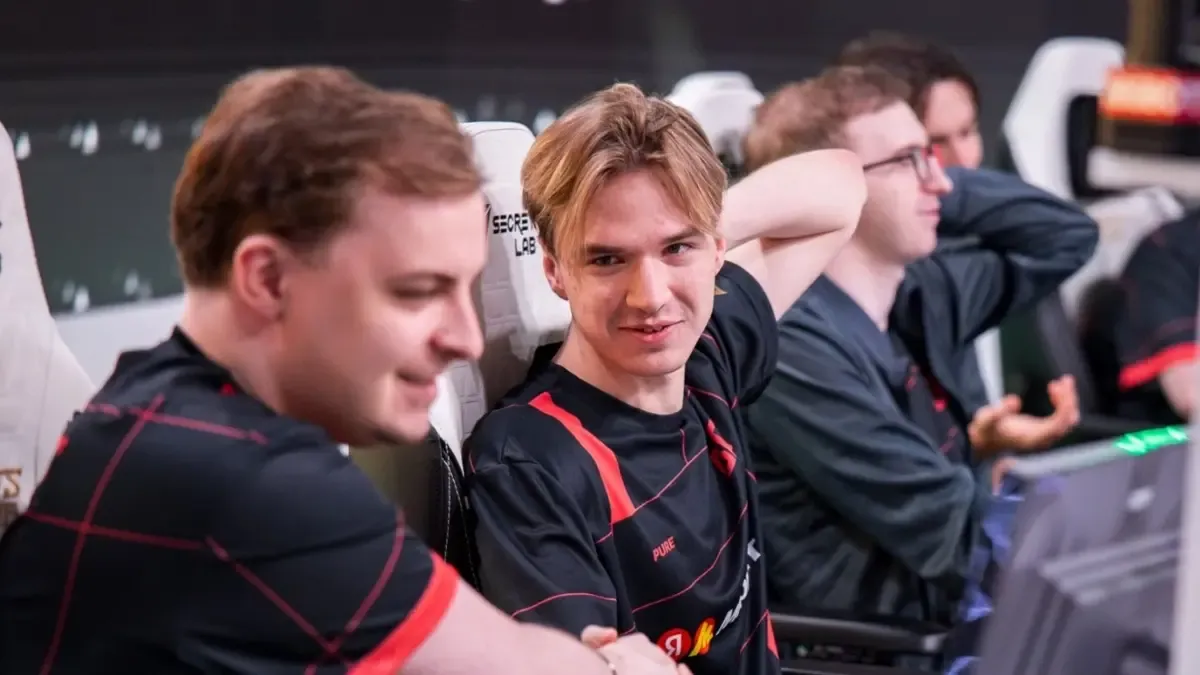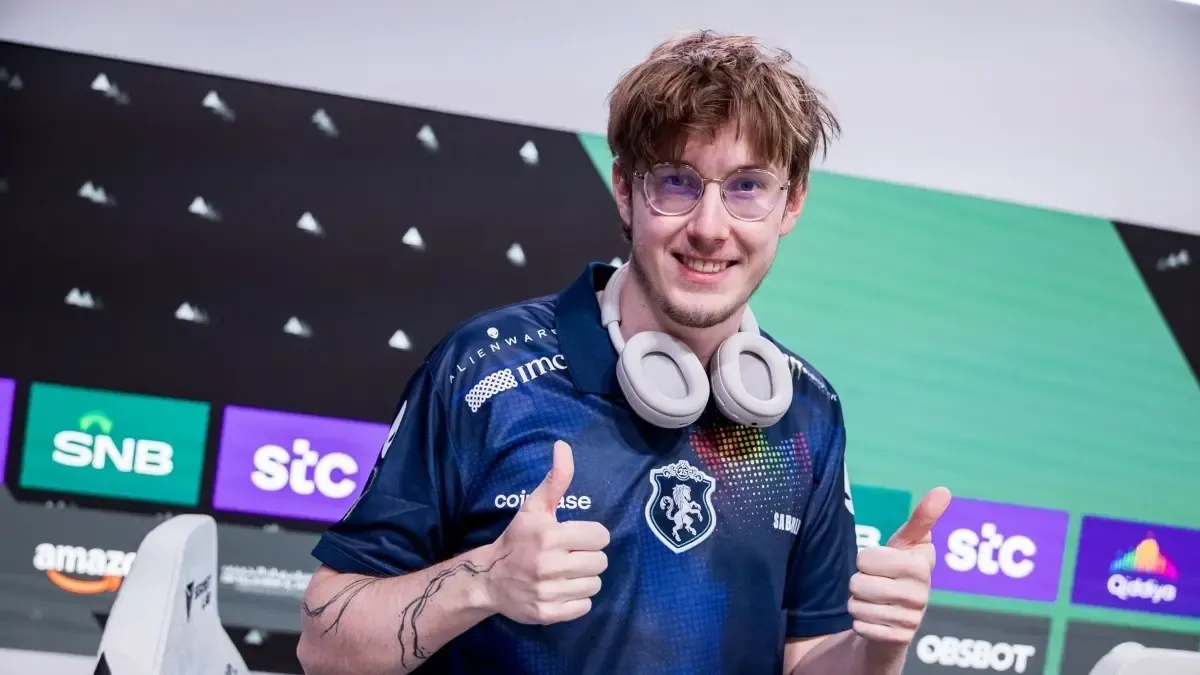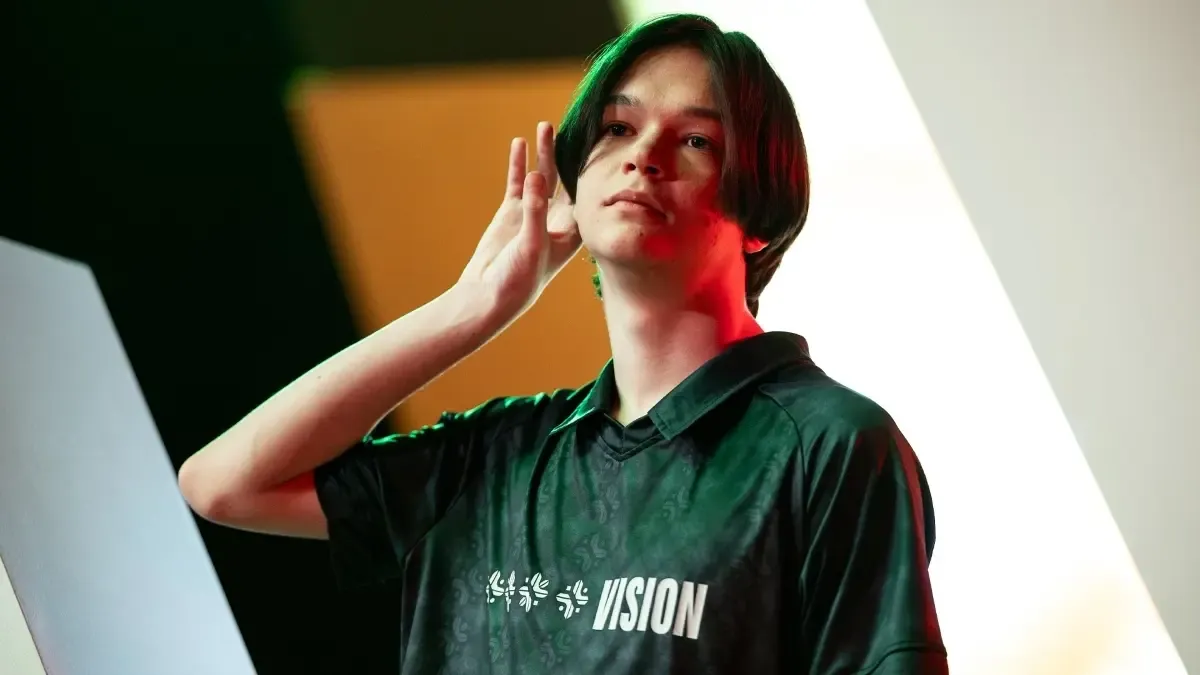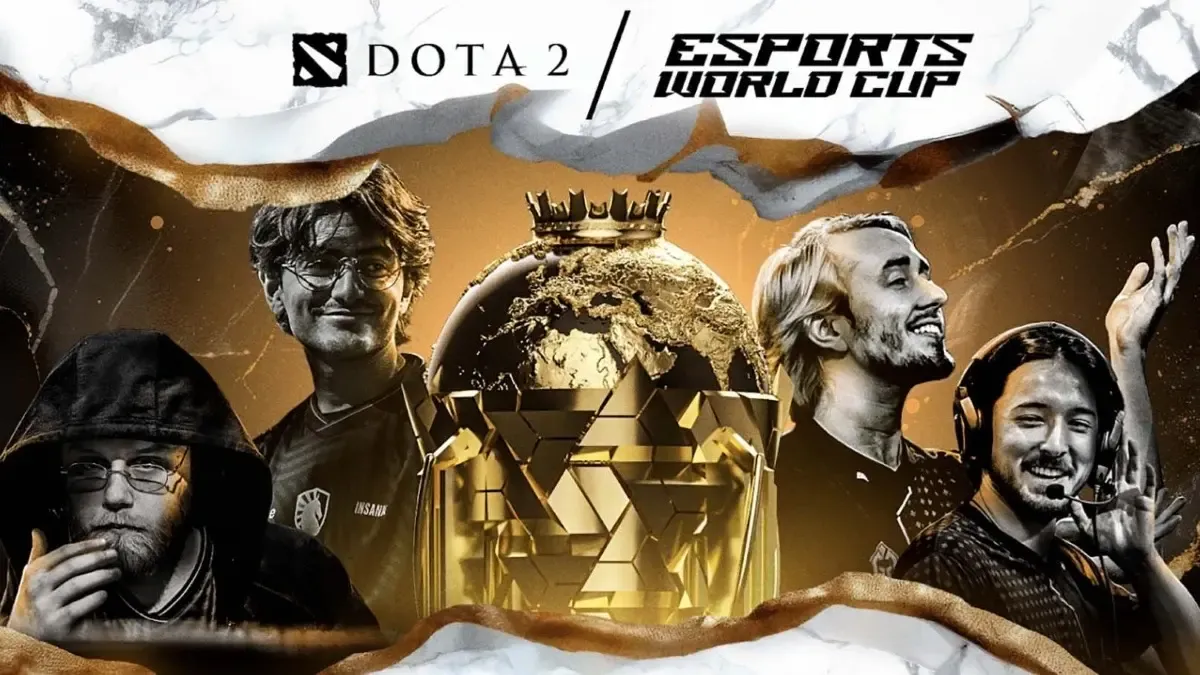Japan has virtually no presence at all in Dota 2 but will that change?
Japan might be home to console game makers and for those, the best gaming market in the world, however when it comes to esports or PC gaming they seem to be light years behind.
But there is some glimmer of hope that the landscape in Japan could be changing for esports, and that could include Dota 2.
Japan & Gaming
The Japanese video game industry is robust, bringing in $20.6 billion USD in-game revenue in 2020 but according to Statista, the esports market in Japan was valued at around 8.7 billion Japanese yen in 2020 (approximately $75+million USD. It was expected to grow at an average annual growth rate of about 29 percent and reach a size of more than 18.4 billion yen (~ $158million USD) by 2024.
Compare that to say, China, with a 147 billion yuan (approximately $23billion USD).
The reason for such is due to the legal framework relating to esports in Japan (such as restrictive regulations regarding prize money and a rigid immigration system) have not yet adapted to the rise of esports.
There is a certain amount of uncertainty in the interpretation of legal regulations restricting the amount of prize money allowed to be distributed and the operation of esports businesses.
Dota 2 in Japan
In 2018 Valve brought audiences on a trip to see the state of Dota 2 in Japan in a segment featuring Jake "Sir ActionSlacks" Kanner and Mara Cup in Tokyo, Japan.
Started by a seafood salesman, the aim of the Mara Cup was to raise awareness of Dota 2 in Japan, which has a smaller community than other countries. Players do not compete for prize money, but for food provided by local farmers who liked games and were willing to offer their produce.
Sadly, Mara revealed that without the tournament, he’s worried about the Japanese Dota scene and in 2018 things were not looking too promising.
- Read about Korea and Dota 2 in our feature The curious case of Korea; A mostly absent presence in Dota 2.
Hope for the Future of Esports in Japan
Because of the market's rapid growth and especially in mobile esports, solutions to these regulatory issues are starting to come into place.
And interest and investment are starting to improve.
In 2018, the Japanese esports Union (JeSU) was formed which hands out licenses for specific players and games to allow them to participate in competitive gaming.
In 2019 the Tōkyō Game Show organized a small Dota tournament and streamed the event on Twitch.
In January 2022, it was reported that Japan would be opening a video gaming/esports high school this coming April. Contrary to assumptions of what type of gaming would be featured, the school’s Shibuya e Stadium facility boasts large monitors and multiple high-spec gaming PC rigs, where teachers will conduct lessons centered on popular games in the first-person shooter, third-person shooter, real-time strategy, and MOBA categories.
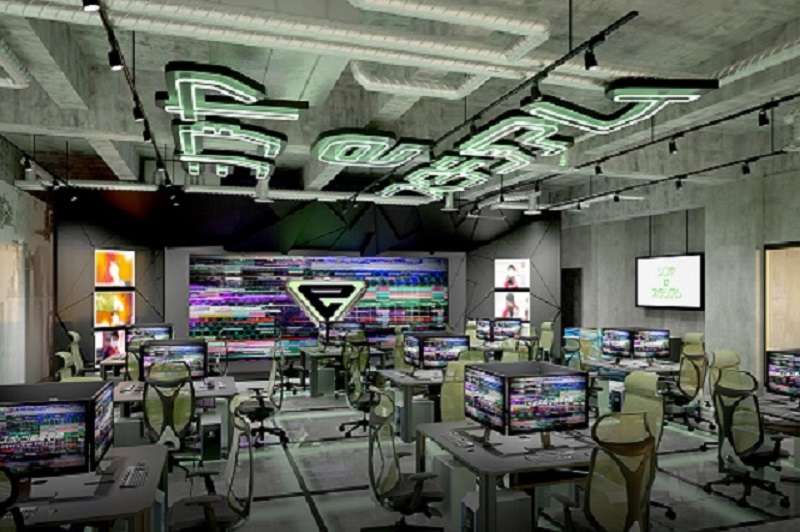
Japanese players and teams are starting to look at training opportunities among their neighbors to improve their skills and presence. Riki Sameshima and Taiki Shimazaki are two of four Japanese LoL players who have traveled to Seoul under a training program launched between South Korea’s most famous esports team, T1. One of their teammates is participating in the program remotely from Japan.
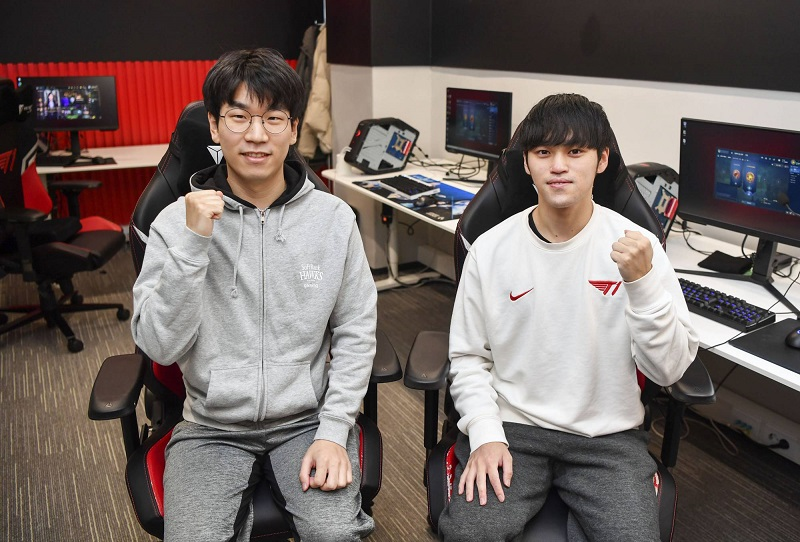
Japan has entered the Wild Rift Market recently with the Japan Cup 2022 organized by Riot themselves. Not only will the cup have a prize pool distribution but the winners will qualify for the Icons Global Championship and the runners-up will enter Play-in.
What could it take to increase Dota 2 popularity in Japan?
With the introduction of the anime Dragon's Blood being released on Netflix, there is a good chance that there could be more interest and awareness brought to the region that could be translated to gameplay as already explored following season 2.
- Read about how Dota 2 got a major boost in average and peak players after the release of Dragon's Blood Season 2.
A few years ago Japanese Dota 2 streamer (yes, there are some) Hokutora said on his stream that League of Legends is the preferred MOBA for the region for two reasons.
- The graphics are more similar to anime style which is more appealing to Japanese players.
- The game is translated into Japanese.
For Dota 2, some UIs are in Japanese, but most of the Skill explanations and item details are still in English.
So we went to the source and asked Hokutora to expand on his thoughts regarding Dota 2 and Japan!
Do you think that the attitude towards PC gaming and competitive esports is changing in Japan?
"In Japan, I think the awareness of PC games and e-sports has been growing dramatically in the past few years. I think most people who like games know about esports.
The most famous titles are Shadowverse, Rainbow Six Siege, ApexLegends, Valorant, The Fifth Personality(第五人格) [Identity V], Wilderness Action(荒野行動)[Knives Out], and League of Legends."
Do you think things like the esports highschool and some changes to the regulations of tournaments will make it more popular?
"Although the effort has only just started and not much has been accomplished, I think its popularity is definitely growing. For example, there are e-sports clubs in high schools and universities, which were unthinkable a few years ago. I think the perspective will change dramatically in the future, especially among the younger generation"
Do you think things will change rapidly or take time to reach the same interest and involvement as most other Asian countries for PC/competitive gaming?
"In Japan, the number of users of consumer games (Nintendo Switch, PS5) and mobile games is very large and will continue to increase. This is because there is a deep-rooted mindset that games are to be played on game consoles.
On the other hand, users who play PC games are the minority. Therefore, I think that some major changes are needed in order to reach the same level of interest."
Do you think that interest in Dota 2 will increase as well?
"As esports becomes more widespread, I believe that people's interest in Dota 2 will grow. This is because no other game can beat it in terms of tournament prize money.
Even in Japan, I often hear people talking about tournaments overseas whose total prize money exceeds billions of yen. But sadly not many people know that the game is called "Dota 2"."
What do you think it will take for more Japanese players to become interested in the game?
"First of all, it is necessary to provide adequate official Japanese language support. I think most people including Japanese people wouldn't be interested in a game that cannot be played in their native language.
After that, I think the role of our Japanese community is important. This is because I feel that competitive games without a well-developed community will not survive."
What would you like to see Valve do for the region?
"Same answer as the [previous] question, I would like to see better official Japanese support. I have previously researched and written an article about the Steam translation community in Japan. As it turns out, the community is not working, and even if someone is willing to translate, they cannot participate.
That's why we have spent a lot of time creating an unofficial Japanese localization mod, because we believe that a lot of people are looking for it."
Do you think that we will see professional players emerge in the near future?
"I believe that there must first be a system to support young talent.
Actually, there were talented Dota 2 players among the young players in Japan. I know several players who have reached Immortal rank while they are still in high school.
However, many of those players stopped playing Dota 2 because there is no support system for talented players. I think we need to provide a place and environment for them to utilize their talents before they have to be financially independent."
With the potential of a new market and previous interest from Valve to showcase the region, one can only hope they will take the steps necessary to promote and encourage players to take up the game in Japan.

